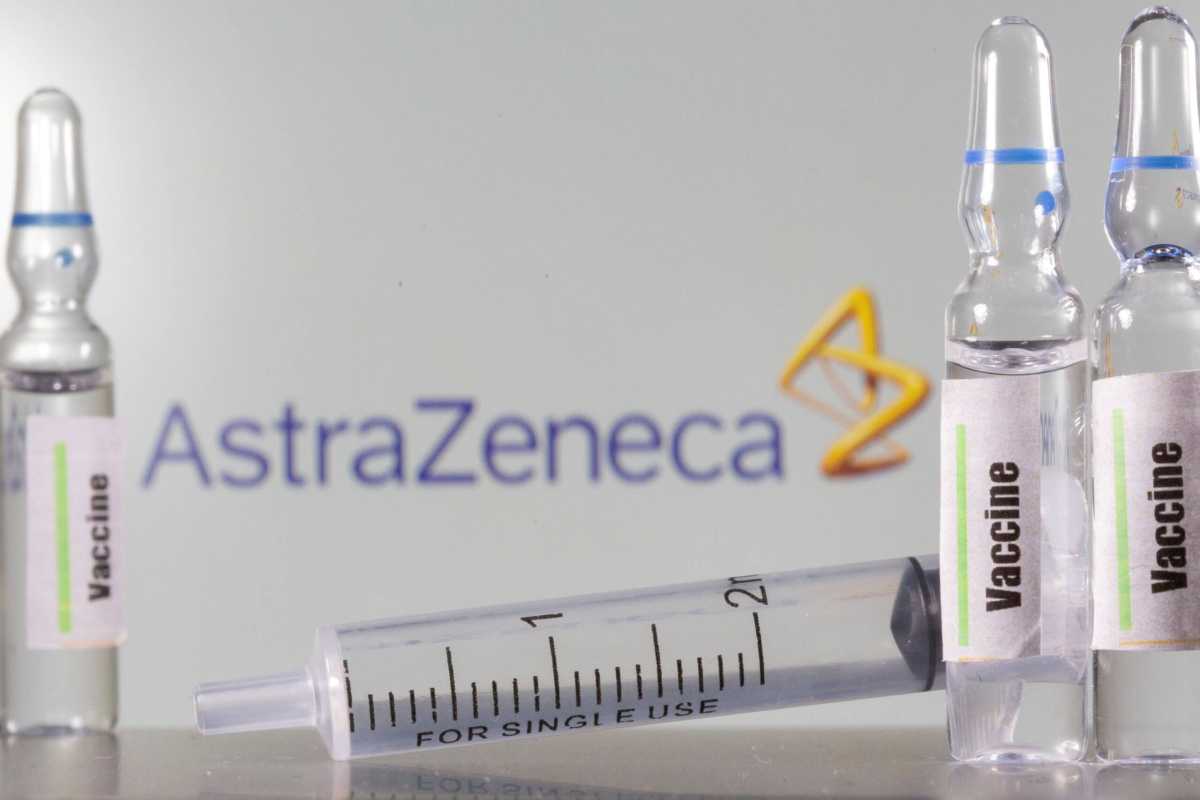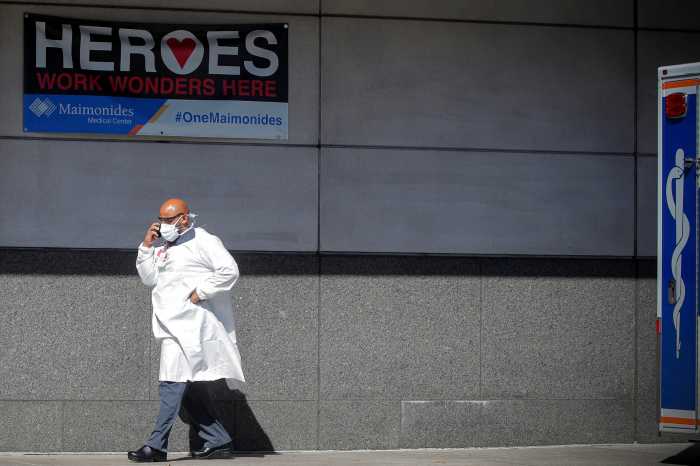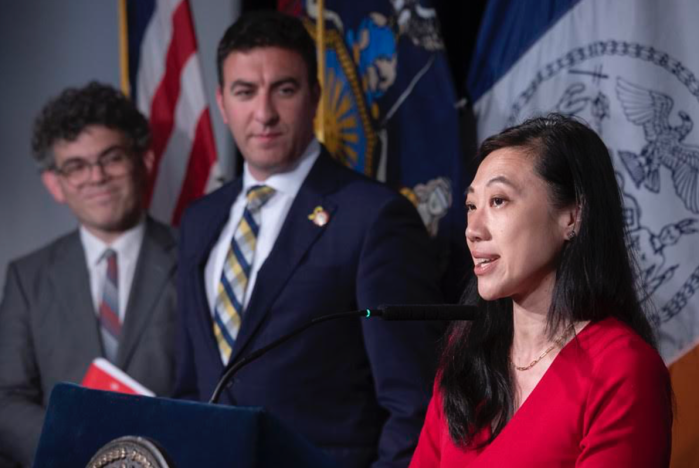By Alistair Smout, Reuters
The timetable for delivery of the Oxford University/AstraZeneca COVID-19 vaccine candidate has slipped, the UK’s vaccine chief said, adding Britain will receive just 4 million doses of the shot this year.
Britain had agreed in May to take 100 million doses of the vaccine, developed by Oxford University and licensed to AstraZeneca, with 30 million doses estimated for delivery by September 2020.
Oxford’s trial chief said on Wednesday that he now hoped they would come by the end of the year, though the exact timing is unclear as it depends on infection numbers.
UK Vaccine Taskforce Chair Kate Bingham said that the vaccine was being made in bulk first, known as “drug substance”, but could not yet be put into vials until more was known on the timing of late-stage trial data.
“We’ve not yet put them into vials because as soon as you put them into vials you start the clock for the… shelf life, or how quickly you have to use the vaccine,” she told lawmakers.
“We are all ready to do that, but we haven’t done that yet.”
AstraZeneca said in a written statement that it was making rapid progress to begin supplying hundreds of millions of doses on a rolling basis once it receives regulatory approval.
“While we are ready to produce finished products, we must be thoughtful of how much is progressed to the final stages of the process to ensure maximum shelf life. We hold inventory in the drug substance form in order to have the longest possible shelf-life upon regulatory approvals,” it added.
Britain has secured supply deals for six different COVID-19 vaccine candidates and more than 350 million doses. The Oxford/AstraZeneca vaccine is expected to be one of the first from big pharma to be submitted for regulatory approval.
Bingham said the target of 30 million doses was based on hopes of a linear scale-up of production, which hadn’t happened.
“The predictions that were made in good faith at the time were assuming that absolutely everything would work and that there were no hiccups at all,” she told lawmakers.
She said that there was now manufacturing capability at the larger, 1,000-litre scale, and added that, although only 4 million doses would be delivered this year, the full 100 million doses would be delivered next year.
“We’re starting with low numbers of doses – by which I do mean millions of doses, but not tens of millions of doses initially,” she said.
“That will then ramp up so that we will end up with the hundred million doses … in the first half of next year.”
A UK government spokeswoman said that work was being done at “a pace and scale never (seen) before to ensure the public are able to access a safe and effective vaccine as soon as possible”.






































